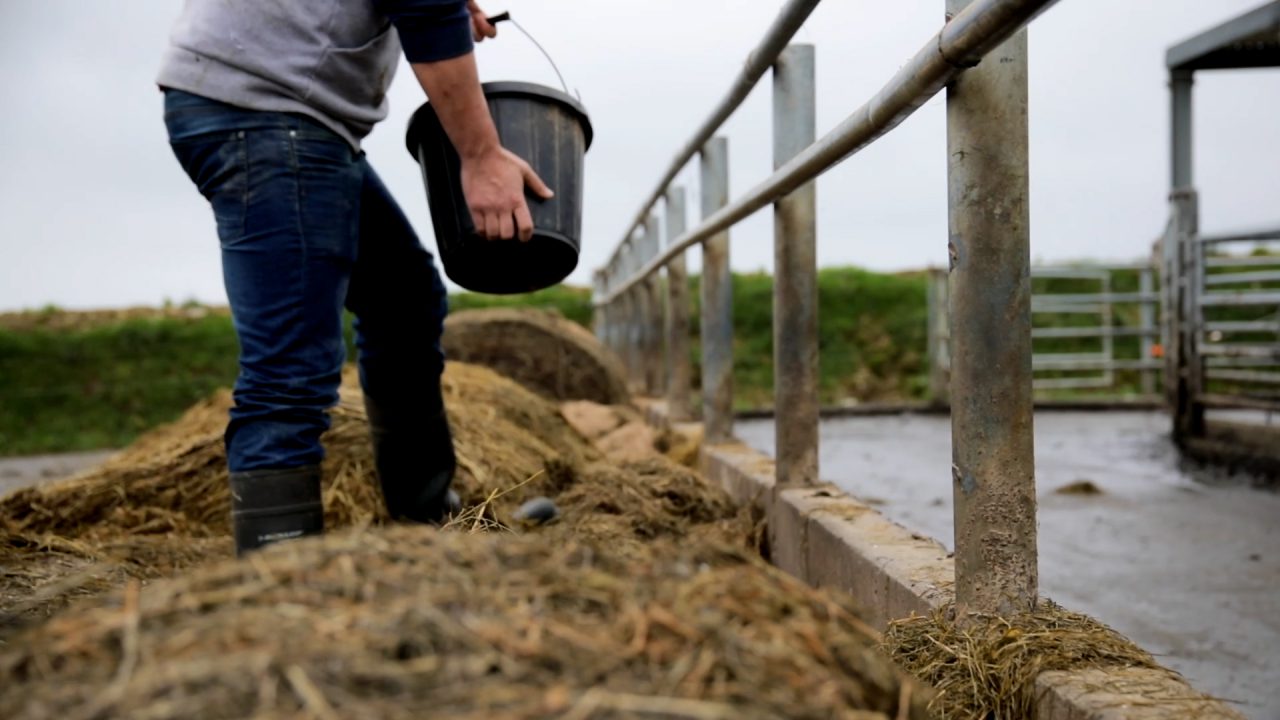Irish Creamery Milk Suppliers’ Association (ICMSA) president, Pat McCormack, believes that the term ‘active farmer’ is now totally outdated from a Common Agricultural Policy (CAP) support perspective.
“It was strange that Dublin and Brussels could tie down definitions for every other term referenced within previous CAP directives, the exception being the legal determination of what actually constitutes an active farmer,” said the president.
“As a consequence, people who not were not actively producing food or working the land could still draw down Pillar I payments.
“The losers within this scenario were the thousands of small to medium-sized farming businesses, who suffered significant cuts to their basic payments.
“But we have gone beyond the concept of an active farmer; the real question now facing Dublin and Brussels is this: what constitutes a genuine farmer?” the ICMSA respresentative told Agriland.
“The CAP is supposed to support those people who are trying to make a genuine living from agriculture.
“And the clock is ticking. The European Commission and the Irish government have two years to come up with arrangements that will deliver active support to those people who really need it; and no one else.”
CAP and young farmers
McCormack believes that young farmers must be adequately supported, moving forward.
“This is another flaw in the new CAP arrangements,” he commented.
“ICMSA estimates that the implementation of last Friday’s deal will see support payments to young farmers fall by 3%.
“This is totally unacceptable. Minister [for Agriculture, Charlie] McConalogue must act to ensure that young farmers are adequately supported into the future.”
Suckler sector
Significantly, McCormack is not calling for the suckler sector to be ringfenced, in terms of the future support made available to it.
But he does recognise that the needs of the beef industry, as a whole, must be fully recognised by government.
“Many suckler farmers have converted to dairy and have made a fantastic job of it. This process must be allowed to find its own level,” he said.
McCormack confirmed that price volatility remains a challenge for every sector of Irish agriculture.
“Steps have been taken within the dairy industry to actively address this issue over recent years. The introduction of guaranteed price schemes is a case in point,” he explained.
“The contribution made by the beef sector to the overall economy is undeniable. The Beef Taskforce has asked Bord Bia to come forward with proposals to help tackle the challenge of volatility within the red meat sector.
“In this context, ICMSA holds strongly to the view that live exports must be allowed to help deliver sustainable returns for Irish livestock farmers into the future,” McCormack concluded.
